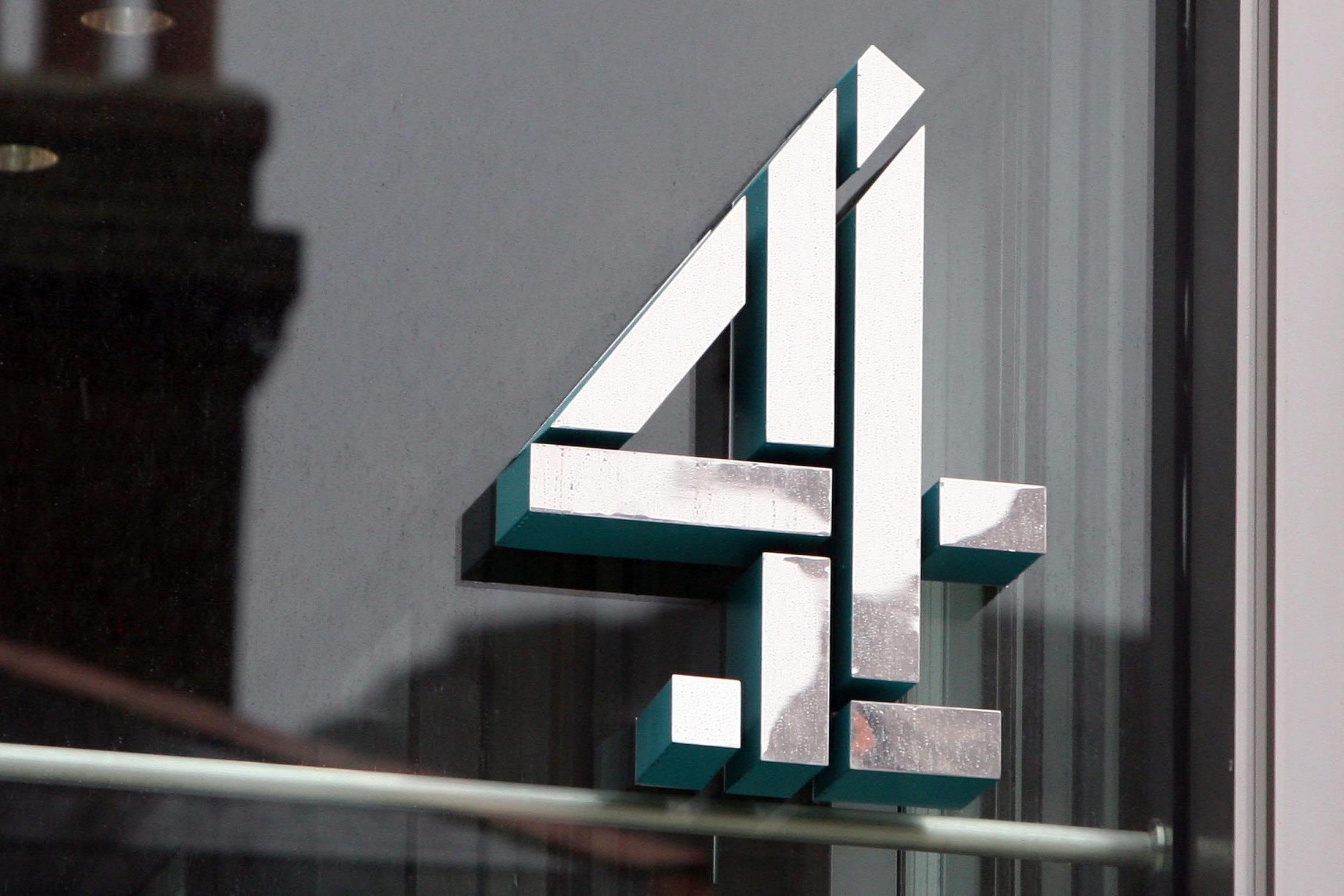Channel 4 no longer required to have lunchtime news bulletin every weekday
The industry said it is concerned some of the changes would ‘further damage the cultural diversity of the sector’.

Your support helps us to tell the story
From reproductive rights to climate change to Big Tech, The Independent is on the ground when the story is developing. Whether it's investigating the financials of Elon Musk's pro-Trump PAC or producing our latest documentary, 'The A Word', which shines a light on the American women fighting for reproductive rights, we know how important it is to parse out the facts from the messaging.
At such a critical moment in US history, we need reporters on the ground. Your donation allows us to keep sending journalists to speak to both sides of the story.
The Independent is trusted by Americans across the entire political spectrum. And unlike many other quality news outlets, we choose not to lock Americans out of our reporting and analysis with paywalls. We believe quality journalism should be available to everyone, paid for by those who can afford it.
Your support makes all the difference.Channel 4 is no longer required to have a lunchtime news bulletin every weekday, Ofcom has said.
The changes were announced on Tuesday as the broadcasting watchdog renewed the channel’s licence for a ten-year period starting from January 1 2025.
Ofcom said it agreed with the proposal to allow for the midday news summary to be dropped as viewership has fallen, and it “did not form a significant part of Channel 4’s news output”, being five minutes long, and the broadcaster insisted the changes would not happen immediately.
Under the new licence, Channel 4 will still need to put on one news show in the early evening each day, but can reduce the number of hours of current affairs programming from around 200 hours per year to no less than 178 hours.
Ofcom also said that the conditions of having peak TV viewing periods containing “no less than 80 hours of current affairs” and “at least 70%” of originally commissioned or produced programmes would continue.
However, Channel 4’s originally produced or commissioned programming is allowed to fall from “at least 56%” to not below 45%.
The Producers Alliance for Cinema and Television (Pact) said it was “very disappointed” that the watchdog did not go further than continuing to require Channel 4 to have “at least 35% of hours and expenditure for programmes made out of London” along with other measures.
It cited not introducing an separate quota for output from Scotland, Wales and Northern Ireland or lowering the date by when at least 12% of the hours of programmes made in the UK must be produced outside England.
Pact said it worries the new licence for Channel 4 would “further damage the cultural diversity of the sector leading to an overall weaker TV production sector” amid rising inflation and costs for industry.
“While we were initially disappointed that Ofcom decided against a 16% (nations) quota, we were willing to accept the 12% quota so long as separate quotas for the nations were put in place and the implementation date was brought forward to 2027,” the body also said.
“This would have provided the production sector in the nations and regions with future certainty around levels of commissioning and spend and helped to stimulate growth over the next ten-year licence period.”
John McVay, chief executive of Pact, called it “short-sighted” to “retain Channel 4’s Out of London quota at 35%”, along with its decision for outside England TV output for the broadcaster.
“Pact submitted substantial evidence to Ofcom refuting the assertions made about the sector in the nations and regions, and we’re concerned that Ofcom’s decision will only lead to a further decline of the sector,” he also said.
Cristina Nicolotti Squires, Ofcom’s group director of broadcasting and media, said: “This new licence is the best outcome for audiences and for Channel 4.
“It strikes the right balance between giving Channel 4 the flexibility to support its digital transformation, while safeguarding highly valued distinctive programming on its traditional channel for the long term.
“The new licence also substantially increases Channel 4’s requirement for production in Northern Ireland, Scotland and Wales. Ofcom will be closely monitoring its performance in this area and holding it to account.”